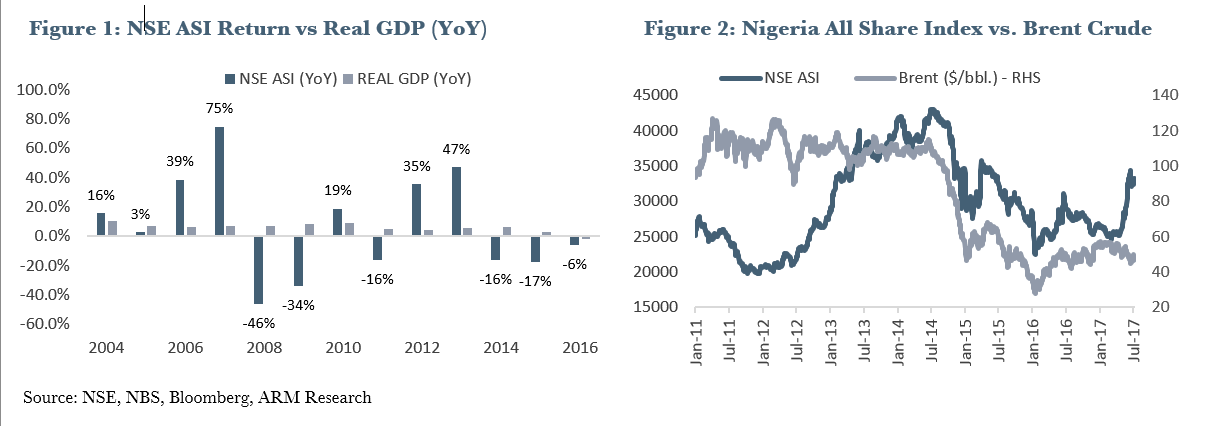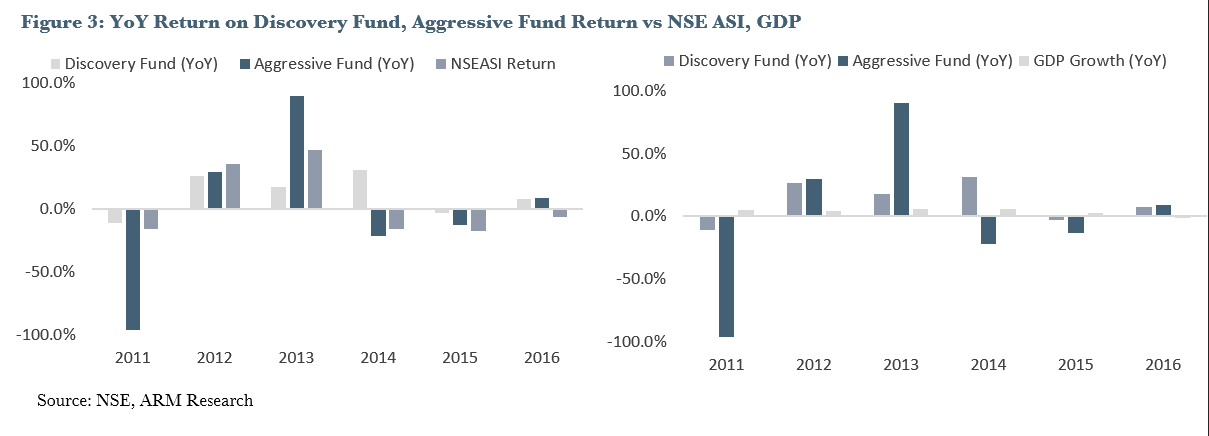SUMMARY OF NEWS
| Punch
NBET, TCN demand N35.4bn electricity payments from Benin, Niger The Nigerian Bulk Electricity Trading Plc and the Transmission Company of Nigeria have jointly written to power firms of the Republics of Benin and Niger, demanding the payment of an outstanding $115.91m (about N35.4bn at the official exchange rate of N305 to a dollar) for electricity supplied to both countries from Nigeria. PFAs invest N4.2bn pension funds in infrastructure Pension Fund Administrators have gradually increased the amount of funds invested in infrastructure under the Contributory Pension Scheme to N4.2bn. NSE market capitalization hits N13tn mark, amid Nestle gain The Nigerian Stock Exchange market capitalization on Tuesday hit the N13tn mark, barely three weeks it crossed N12tn market, amid Nestle gain. OPEC: Oil producers committed to output cut deal A technical panel including members of the Saudi-led cartel and other oil producers said on Tuesday that they remained committed to cutting output and stemming the collapse in oil prices The Nation EFCC traces N47b, $487m to ex-Oil Minister Diezani The Economic and Financial Crimes Commission(EFCC) has so far traced N47.2 billion and $487.5million to the ex-minister. The agency also claimed that Mrs. Alison Madueke has N23,446,300,000 and $5milion (about N1.5billion) cash in various banks. MAN: Domestic manufacturing value hits N5.2tr The Manufacturers Association of Nigeria (MAN) has said the estimated value of manufacturing in the country during the second half of last year reached N5.02 trillion as against N4.08 trillion of the corresponding period of the previous year. Guardian Nigeria records less than 0.5 per cent oil savings in 11 years Despite generating revenue from crude oil export from 2005 to 2015, Nigeria recorded less than 0.5 per cent savings in its Excess Crude Account (ECA), according to the Nigeria Extractive Industries Transparency Initiative (NEITI). Forte Oil restrategizes to grow market share Forte Oil Plc has unfolded plans to increase market share in the industry through the acquisition of strategic partnership and joint ventures for local refining of petroleum products. This Day FG Withdraws Suit against Seven Banks over TSA The federal government has filed a notice of discontinuance of a suit it filed before Justice Chuka Obiozor of a Federal High Court in Lagos against seven banks for allegedly withholding $793.2 million from the federation account. Vanguard Nigeria’s crude oil output rise to 2.06m b/d in July — FG Nigeria’s average oil production including condensates, increased to 2.06 million barrels per day (mb/d) last month, from 2.05 million b/d in June, as the country continued to ramp up production amidst retention of output concession from the Organization of Petroleum Exporting Countries (OPEC), the Ministry of Petroleum Resources has revealed. Business Day Cash crunch delays Q2 GDP, July Inflation report The economic lift that would come from the confirmation that Nigeria has exited recession will now have to wait a bit longer as the much awaited Gross Domestic Product (GDP) report for the second quarter of 2017 has been postponed due to lack of funds to mobilize the required data.
|
The post SUMMARY OF NEWS appeared first on Realising Ambitions.
Source: Blog




